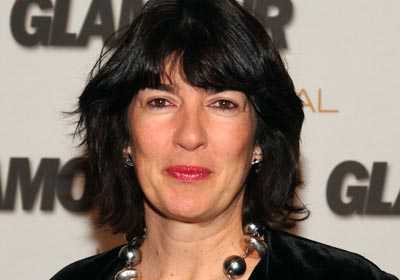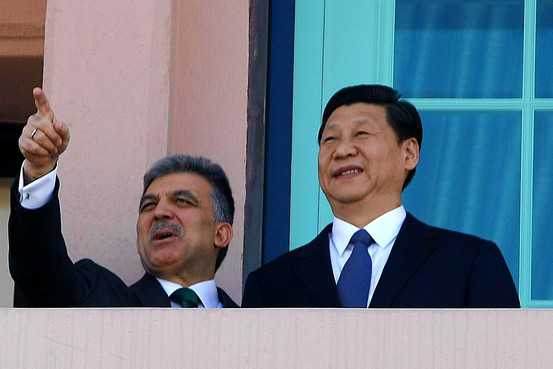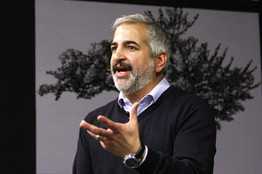Turkey is entertaining the possibility of working with the international community to establish a humanitarian corridor into Syria without a U.N. Security Council directive as it did in Kosovo in 1999.
Establishing corridors needs a United Nations Security Council mandate, but Russia and China, who both have veto power, have said they would not allow the passage of any resolution they see as unbalanced.
If Russia and China keep blocking attempts for U.N. Security Council measures against the Syrian regime, the international community could seek alternative legitimate ways to create a humanitarian corridor into Syria, a Turkish official told Hürriyet Daily News.
The international community may enforce a humanitarian aid corridor into Syria without a U.N. Security Council resolution, as was implemented in Kosovo over a decade ago, if the country’s humanitarian problems reach unbearable dimensions, according to a Turkish official.
In the case of Kosovo, the international community, including the United States and NATO, established humanitarian corridors into the region in 1999 ahead of a U.N. Security Council decision after ethnic conflict erupted in the former Yugoslavia.
According to assessments in Ankara, Moscow may change its position after upcoming elections in Russia and follow a path closer to the majority of the international community on the Syrian crisis.
Arab countries should do more, Çiçek says
Meanwhile, Turkish Parliamentary Speaker Cemil Çiçek has criticized those who have been pushing Turkey to find a solution to the Syrian crisis. “Don’t egg us on this issue,” he said during a visit to Riyadh. “Some ruse circles just follow what is happening [in Syria] as if they were watching a football game and then say, ‘Turkey should handle this.’”
Turkey has pulled its weight on the Syrian crisis, Çiçek said, adding that everyone had a responsibility in disputes in the Middle East and that Turkey was following a realistic policy.
“Those who do not have borders with Syria should not be content with mere remarks. I hope Muslim countries with Arab roots will do more than they have done up until now. They haven’t done enough,” he said.
Prime Minister Recep Tayyip Erdoğan said Turkey would host a meeting on Syria. Addressing his deputies, Erdoğan said Turkey had been part of every step in the Friends of Syria meeting.
‘Cannot remain indifferent’
Elsewhere, the National Security Council (MGK) gathered Feb. 27 and said in a written statement that the international community should not remain indifferent to the violence and “mass massacres” in Syria. The council highlighted the importance of protecting Syrian people and extending humanitarian aid to those people.
Turkey denied claims that it had turned a blind eye to Syria’s usage of Turkish territory as a route to obtain weapons. Britain’s The Times had reported that Syria was using Turkey as a route to bypass sanctions and obtain materiel and equipment for its weapons industry and that Turkey was turning a blind eye.
The claims are groundless, Foreign Ministry spokesman Selçuk Ünal told Anatolia news agency.
Wednesday, 29 February 2012
via Turkey Mulls Kosovo-Like Plan for Syria, 29 February 2012 Wednesday 11:28.






